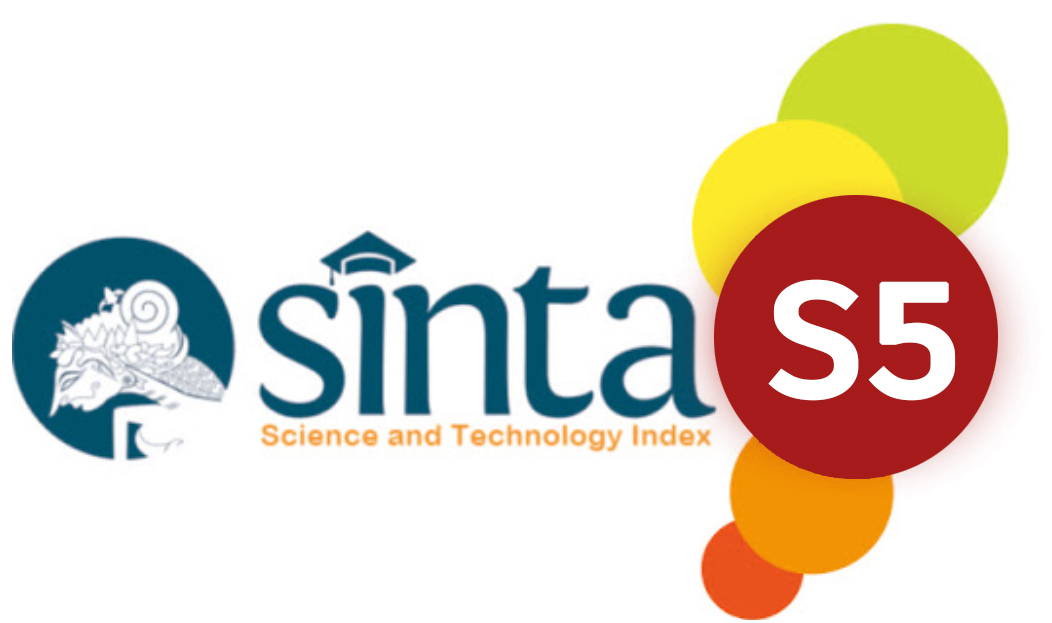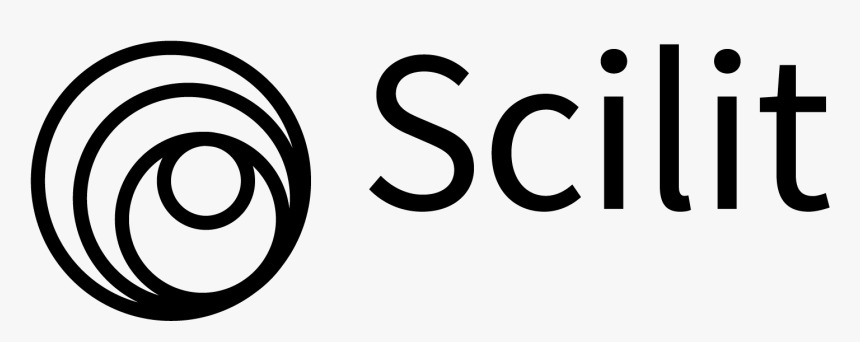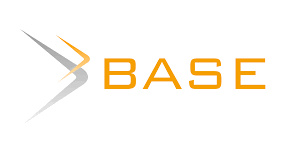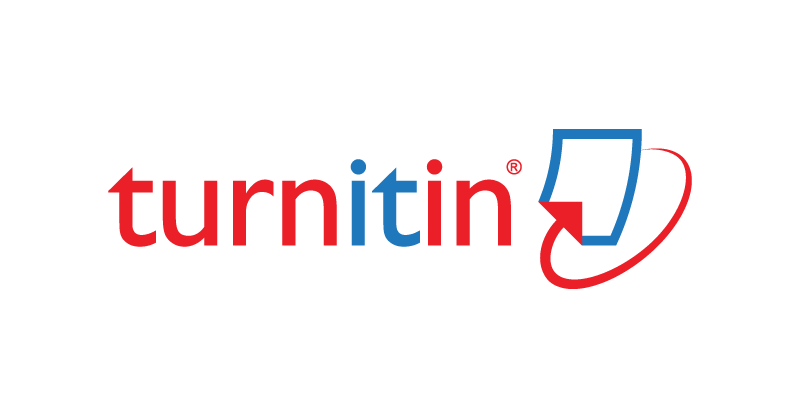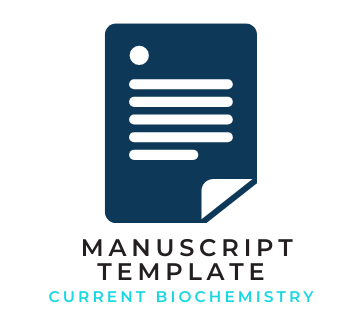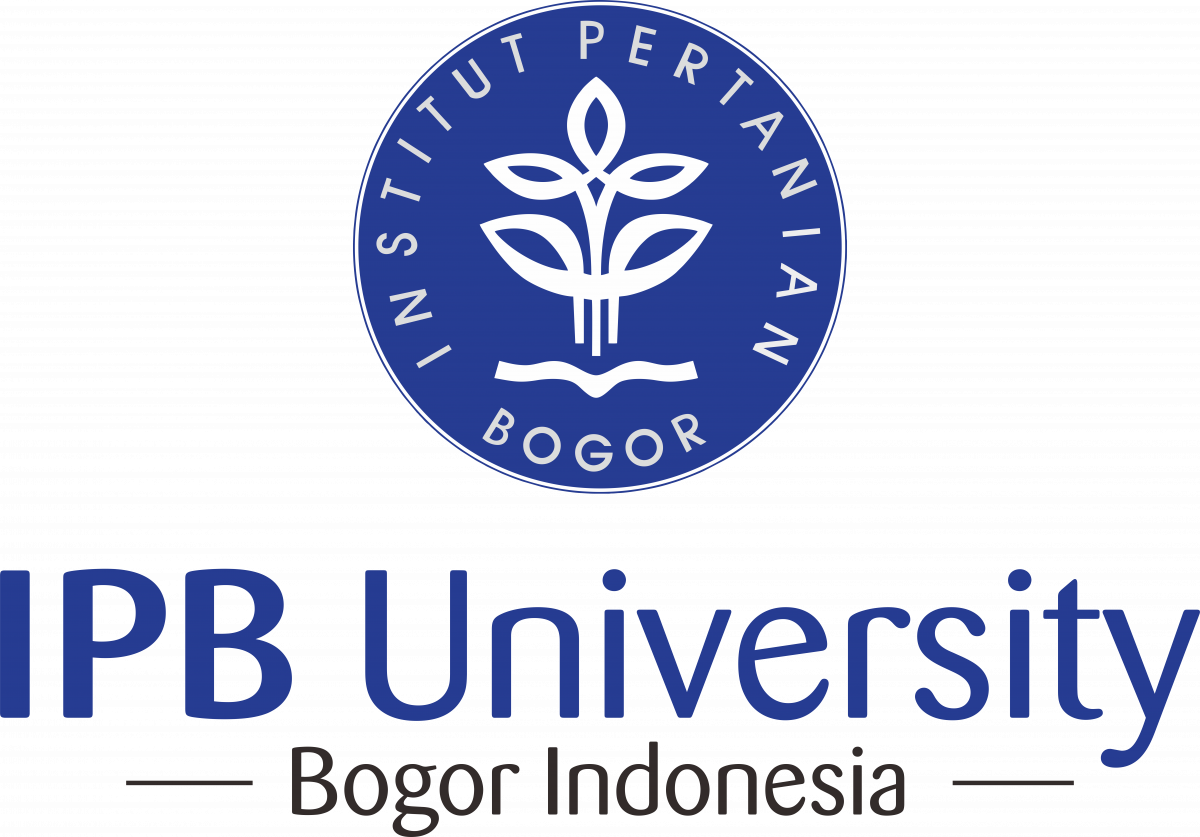The Spray of Pegagan Leaf Extract as an Antifungal of Vulvovaginal Candidiasis: A Narrative Review
Abstract
Vulvovaginal Candidiasis (VVC) is a type of infection caused by the fungus Candida spp. The treatment of candidiasis usually uses antifungal drugs on Candida albicans. Pegagan (Centella asiatica (L.) Urban) is one of wild plants that have been used by the community as a drug. The content of secondary metabolite compounds found in pegagan, such as triterpenoids, alkaloids, flavonoids, and saponins can act as antifungal agents. A literature review in the form of national, international journals and digital books originated from various sites is carried out online. The result of the narrative analysis shows that the ethanol extract of pegagan leaves with a concentration of 75 x 103 ppm can inhibit the growth of C. albicans by up to 17.5 mm. The results of the toxicity prediction with three parameters shows that the active compounds of pegagan leaves are weak inhibitors, non-carcinogenic and in the toxicity test, it at most belongs to category III. Other than that, the spray formulation with a concentration of 1% (w/w) of pegagan leaf extract is found to be safe and non-irritant to skin.
Copyright (c) 2020 Santi Nuraeni, Safira Rahmadanti, Aldi Fadilah, Husnawati

This work is licensed under a Creative Commons Attribution-ShareAlike 4.0 International License.

